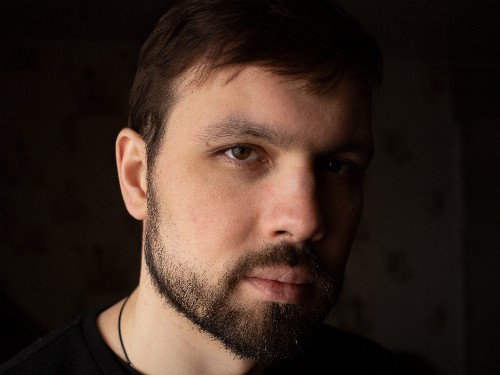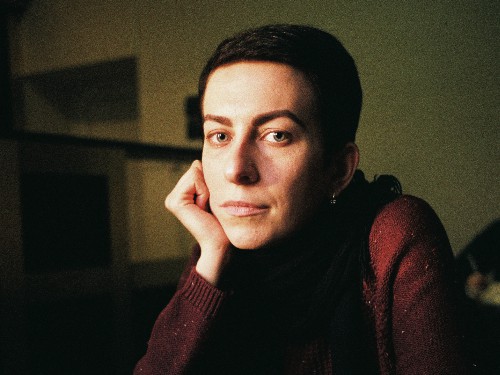
ShareDoc







Because MOTHERLAND directly criticises the Belarusian state, anyone associated with the film is in danger of being persecuted. For these reasons, we cannot give extensive identifying details about our participants here. Many of the younger participants who became politically active and so bravely shared their stories in the film were forced to leave Belarus. They now live in exile throughout Europe under difficult circumstances.
Because MOTHERLAND directly criticizes the Belarusian state, anyone associated with the film is in danger of being persecuted. Due to her work on the documentary MOTHERLAND it was not safe for director/journalist Hanna Badziaka to stay in Belarus. After having fled to Ukraine in 2021, she was forced to flee a second time after the full-scale Russian invasion of Ukraine shortly thereafter. She now lives in exile in Europe.
Because MOTHERLAND directly criticizes the Belarusian state, anyone associated with the film is in danger of being persecuted. Due to his work on the documentary MOTHERLAND it was not safe for director Alexander Mihalkovich to stay in Belarus. After having fled to Ukraine in 2021, he was forced to flee a second time after the full-scale Russian invasion of Ukraine shortly thereafter. She now lives in exile in Europe.
Help supporting Nikita and his friends who so bravely shared their stories. Due to the situation in Belarus, they are now facing relocation difficulties and have become refugees in the neighbouring countries where they try to start a new life.
Using personal and professional perspectives, Filmmaker Alexander Mihalkovich and Filmmaker/Journalist Hanna Badziaka underscore the causes and consequences of the decades-old “tradition” of violent bullying, torture and murder as a means of control over Belarusian military conscripts.
When young Nikita reports for compulsory military duty in 2020, he enters a generations- old tradition that hides a deadly secret in post-Soviet Belarus: dedovshchina, the practice of violent abuse and bullying that supposedly turns boys into men but which has instead created generational trauma deeply embedded in the country’s present-day culture and identity.
Svetlana lives with this traumatic reality every day– her son was found hanged on base two years earlier as a result of dedovshchina, and a veil of secrecy continues to conceal his murderers. In this country where sons are disposable, and the instruments of control are out of hand, mothers emerge as inexhaustible fighters confronting the status quo.
Nikita and Svetlana’s stories also frame a rage in the streets against the state-led violence, rooted in dedovshchina, that has become the very mechanism of fear the government uses to control its populace. Badziaka and Mihalkovich capture a snapshot of a troubled, modern-day Belarus through the real-life experiences of mothers and new conscripts, overlaid with the raw voices of those who have gone before them, taken from their private letters home.
The phenomenon of “dedovshchina” (a variety of subordinating or humiliating compulsory activities undertaken by new recruits, leaving them with serious psychopathology for their lifetime) has roots in the traditions of the Soviet Army, implemented by recruited ex-convicts who brought criminal rules to bear in the military system.
You can withdraw your consent at any time by visiting the cookie policy page.
 EN
EN